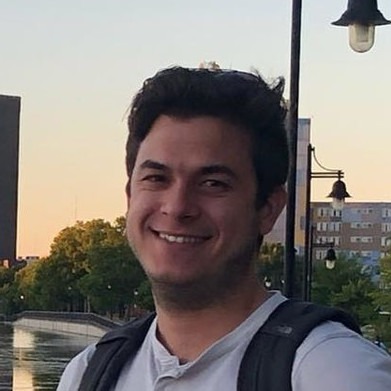February 15, 2024
3:00 pm
Venue
Remsen Hall 233
Note: ROSEI is cohosting this seminar with the Department of Chemistry.
Title: Protons, Buffers and Electronic Fields: Making Catalysts and Electrodes Work Together
Abstract: Addressing anthropogenic CO2 emissions necessitates the exploration and implementation of carbon-free fuels. Hydrogen, emerging as a prominent candidate, holds promise in mitigating our reliance on fossil fuels. Concurrently, strategic approaches for CO2 capture and utilization are indispensable for managing atmospheric CO2 levels and mitigating existing emissions. A noteworthy avenue involves the development of catalysts, driven by renewable electricity, that are capable of producing hydrogen (H2) from water and of converting CO2 into more valuable chemicals. The optimization of various elements is pivotal for the development of efficient electrocatalytic systems for H2 evolution and CO2 reduction. This talk aims to shed light on the significance of operational parameters such as proton activity, buffer nature, and applied electrochemical potential in determining the activity and selectivity of molecular electrocatalysts. Furthermore, the intrinsic properties of molecular catalysts can be enhanced by incorporating second sphere interactions. Notably, oriented electric fields, a form of second sphere interaction, have demonstrated efficacy in stabilizing transition states and facilitating the binding of substrates and the release of products in enzymatic catalysis. Yet, the exploitation of oriented electric fields remains underutilized in synthetic catalysts. This talk will also delve into efforts directed at understanding how oriented electric fields impact electrochemical properties of synthetic organometallic catalysts.
